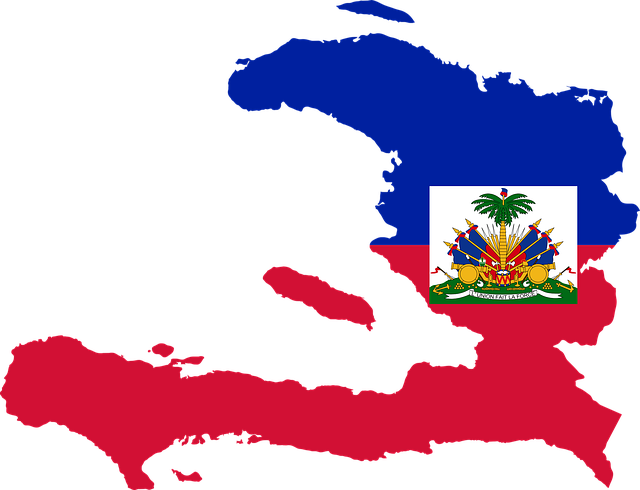Did you know May was Haitian Heritage Month? While Haitian immigrants celebrated their country’s vibrant culture, food, history, and music, Haiti was also in the headlines due to a troubling surge in local gang-related violence, which has prompted increased global attention. In light of this international spotlight, we explore the growing demand for Haitian Creole translation along with the market’s potentials and challenges.
What is Haitian Creole?
Haitian Creole (or Kreyòl) is a French-based creole language—that is, a language that evolved from a mixture of other languages but has since stabilized into its own native tongue. As one of two official languages in Haiti, Haitian Creole is spoken by approximately 10-12 million people worldwide, most notably as the first (and often only) language of 90-95% of Haiti’s population. The language originally emerged in the 17th-18th centuries as a form of resistance against slavery carried out by French colonizers; while rooted in French, it was also influenced by Portuguese, Aramaic, Spanish, Taíno, and West African dialects and languages.
Haitian Creole in the United States
Over 731,000 Haitian immigrants resided in the U.S. as of 2022, according to the U.S. Census Bureau’s American Community Survey (ACS), and this number has only continued to increase. The majority of Haitian Americans reside in major metro areas such as Miami-Fort Lauderdale, New York City and the surrounding tri-state area, and Boston, making Haitian Creole linguistic services an especially urgent need within these cities.
In fact, a Boston elementary school just launched the country’s first ever dual-language preschool program in English and Haitian Creole. The Toussaint L’Ouverture Dual Language Academy is a two-way immersion program with multiple Creole speakers on staff. Designed to serve the language needs of both children and adults in the local community, it’s proof of the growing demand for Haitian Creole language services.
Haitians in the U.S., particularly recent migrants fleeing unrest, also need robust language access to legal support, healthcare, financial, and other essential services. States with large Haitian populations have begun to respond with increased requirements for translation. In New York State, for example, a 2022 language access law mandates that government content be translated into the state’s top 12 most-spoken languages, including Haitian Creole.
Global Business, Local Challenges
At times, the global market for Creole seems inextricable from the country’s ill circumstances. The catastrophic 2010 Haiti earthquake, for instance, created an immediate need for translation along with an influx of international aid, military forces, and non-profits to the country. Since these organizations lacked professional Creole translators, emergency response efforts had to rely on the aid of local volunteers and ad hoc translation crowdsourcing. The speed and scale of humanitarian relief suffered and human rights violations were rampant in the wake of the disaster. Now, with gang violence causing major disruptions and political instability throughout the country, it again feels imperative to secure Haitian Creole translation services as a matter of global politics.
Yet despite serious challenges to operating business locally and the persistent shadow of colonial-era debt, it would be inaccurate to depict Haiti as simply void of potential. The country remains an important exporter of apparel (knit goods), bananas, coffee, and cocoa, as well as over half of the world’s vetiver oil (used in luxury perfumes), a market projected to see significant growth in upcoming years. According to the International Trade Administration, Haiti’s garment manufacturing, shipping, and telecommunications sectors also continue to attract numerous foreign investors.
In short, the market demand for Haitian Creole language services doesn’t show signs of stopping anytime soon. Whether serving U.S.-based consumers, providing aid, or exploring business connections, both domestic and global organizations would benefit from experienced translation services.
Image by Gordon Johnson from Pixabay

